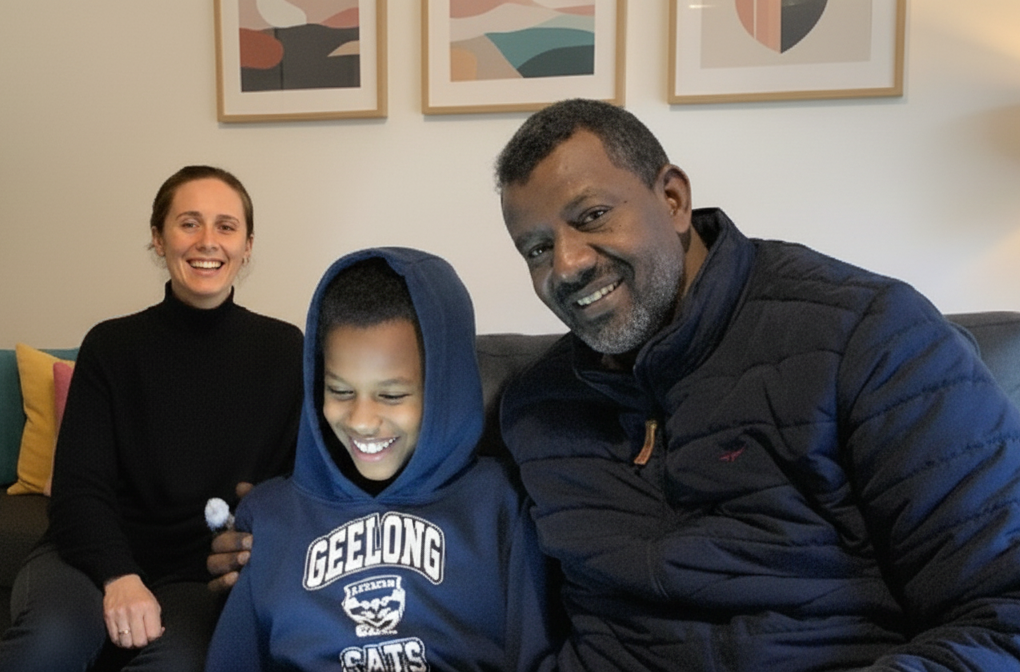Home /
News / Blogs

Selecting the right NDIS plan manager is an important step in making the most of your NDIS funding. If you’re currently with a plan manager but feel they’re not the right fit, you might be wondering about the process of switching to a new NDIS plan manager. In this guide, we’ll walk you through key factors to consider when choosing the best plan manager and the steps involved in making a change if needed.

Meryem is 75 years old and originally from Turkey. She has always been independent, but as Alzheimer’s Dementia gradually made everyday tasks more difficult, she found herself relying more on her daughter-in-law, Hediye and her support worker Songul. Meryem and Songul developed a bond that extended far beyond care. Having a support worker who shares her cultural background has been a source of comfort for Meryem.

The Australian government is making significant strides to enhance aged care, and recent updates to Home Care Packages (HCPs) bring exciting changes for older Australians. With faster access, increased support levels, and a focus on quality, these reforms ensure that older Australians can maintain independence and stay engaged in their communities for longer.








